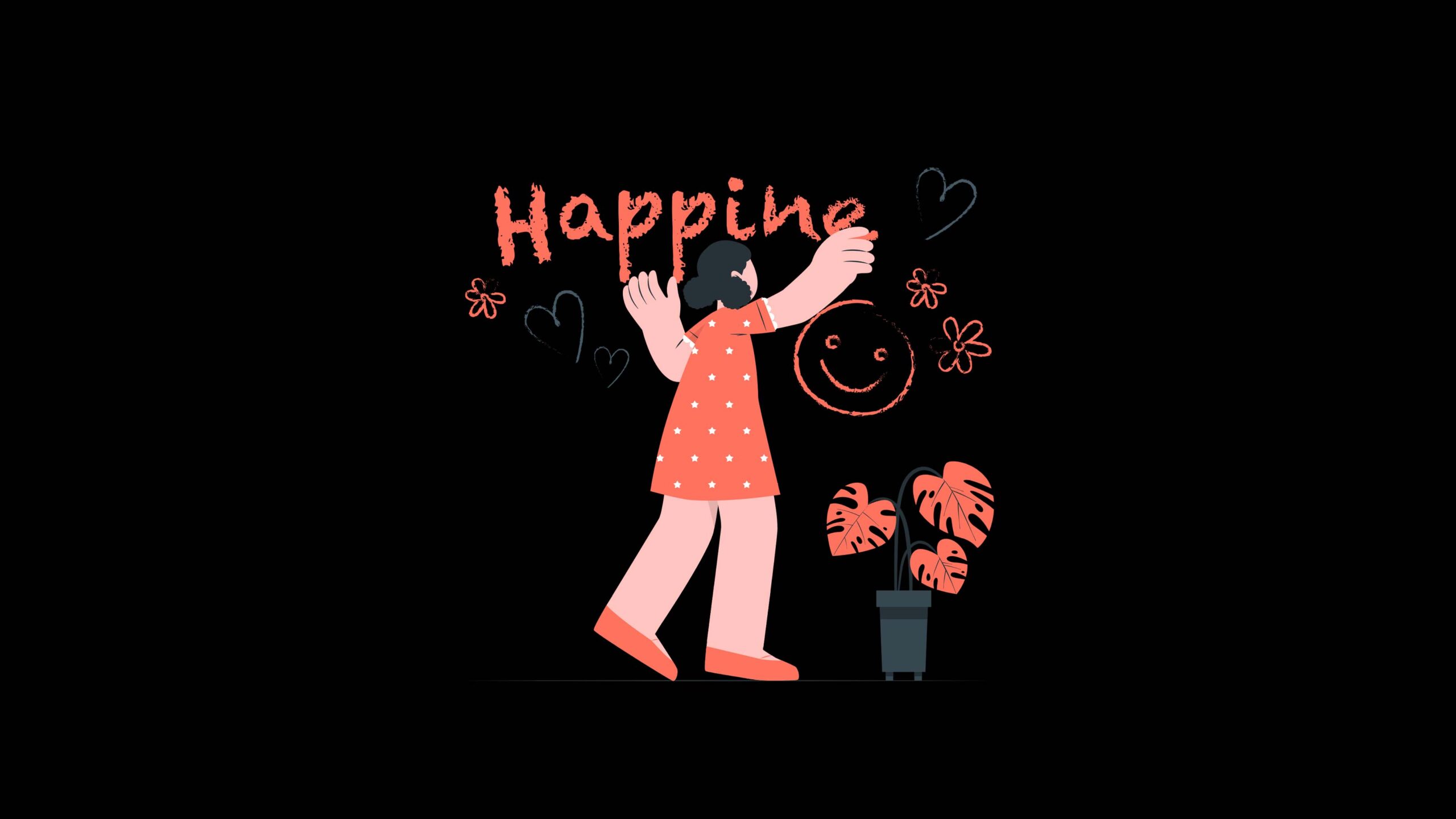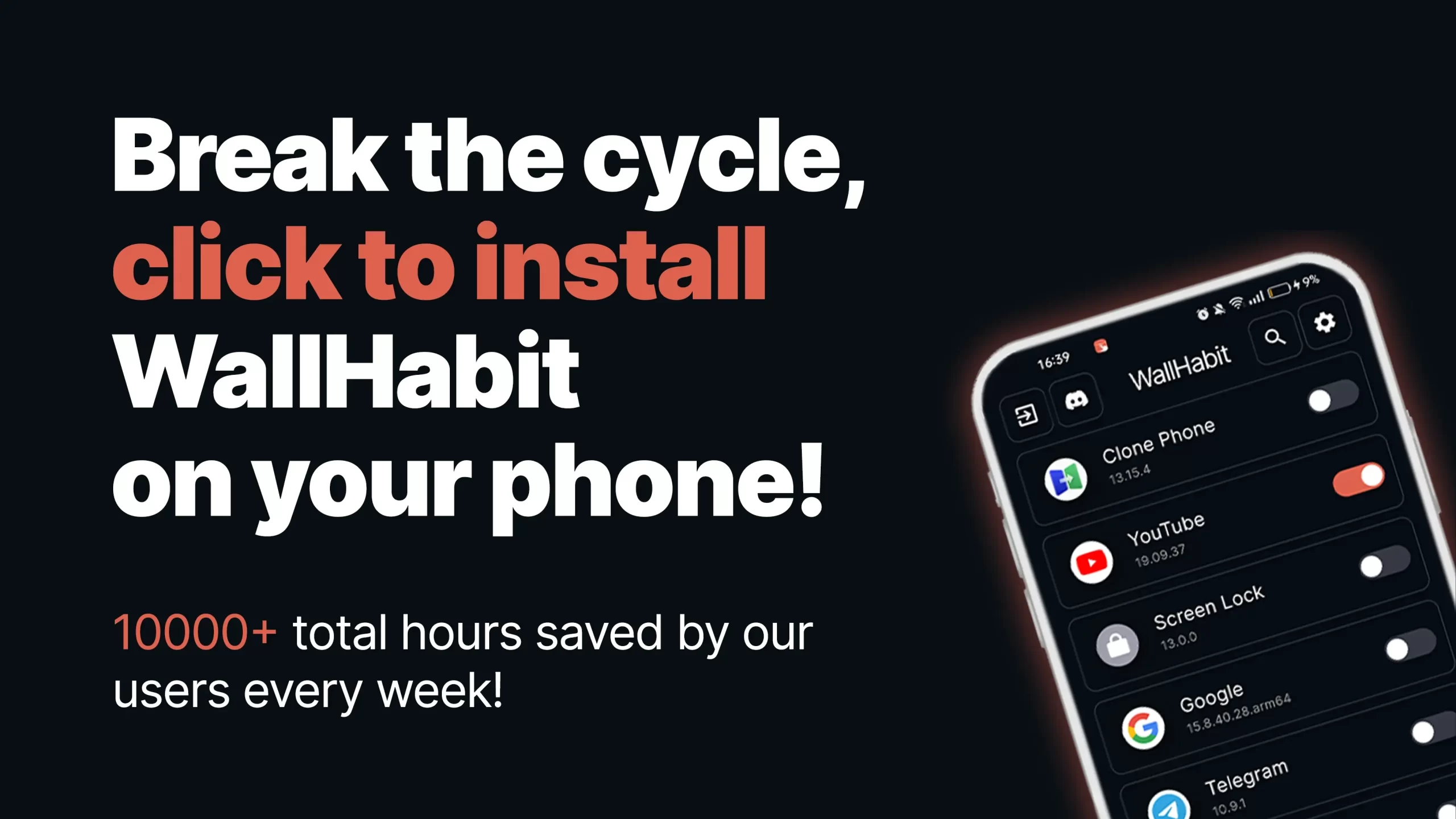In today’s world, technology is deeply intertwined with our daily routines. However, not all tech habits are beneficial for our mental well-being. Some can contribute to stress, anxiety, and a general sense of unhappiness. Here are seven tech habits that you might consider quitting to lead a happier and healthier life.
1. Checking Your Phone First Thing in the Morning
Reaching for your phone the moment you wake up is a common habit, but it can start your day off on the wrong foot. Instead of beginning your day calmly, you might find yourself immediately bombarded with notifications, emails, and news updates.
Why It’s Harmful:
This habit can increase stress and anxiety. It sets a reactive tone for the day, making you feel like you’re constantly trying to catch up. Moreover, the blue light from screens can strain your eyes and affect your natural wakefulness.
What to Do Instead:
Try starting your day with a different routine. Perhaps spend a few minutes stretching, meditating, or enjoying a quiet breakfast. These activities can help you wake up more naturally and set a positive tone for the rest of the day.
2. Mindless Social Media Scrolling
Social media can be a great way to stay connected, but it can also become a time-consuming habit that affects your mental health. Mindlessly scrolling through feeds can leave you feeling drained and less productive.
Why It’s Harmful:
Excessive use of social media can lead to feelings of inadequacy and loneliness. The constant exposure to curated versions of other people’s lives can create unrealistic expectations and comparisons.
What to Do Instead:
Set specific times for checking social media and stick to them. Use apps that track and limit your usage, and try to engage in more meaningful activities during your free time, like reading a book, taking a walk, or spending time with loved ones.
3. Keeping Your Phone at the Dinner Table
Phones at the dinner table can disrupt personal interactions and take away from the quality time you spend with family and friends. It’s a common sight to see people more engaged with their screens than with each other.
Why It’s Harmful:
This habit can hinder meaningful conversations and weaken relationships. It can also contribute to mindless eating, which can affect your physical health.
What to Do Instead:
Create a phone-free zone during meals. Encourage everyone to put their phones away and focus on the conversation and the food. This can help strengthen relationships and create a more enjoyable dining experience.
4. Constant Notifications
Constant notifications from various apps can be incredibly distracting. They can interrupt your workflow and make it difficult to concentrate on important tasks.
Why It’s Harmful:
Frequent interruptions can lead to decreased productivity and increased stress. It can take time to regain focus after being distracted by a notification.
What to Do Instead:
Turn off non-essential notifications. Only allow alerts from important apps or people. You can also set specific times to check your phone, so you’re not constantly interrupted throughout the day.
5. Using Your Phone Before Bed
Using your phone before bed can interfere with your sleep. The blue light emitted by screens can trick your brain into thinking it’s still daytime, making it harder to fall asleep.
Why It’s Harmful:
Poor sleep can lead to a host of health issues, including increased stress, anxiety, and decreased cognitive function. It can also affect your mood and overall well-being.
What to Do Instead:
Establish a bedtime routine that doesn’t involve screens. Try reading a book, meditating, or listening to calming music. These activities can help signal to your brain that it’s time to wind down and prepare for sleep.
6. Multitasking with Multiple Devices
Using multiple devices at once, like watching TV while browsing on your phone, can reduce your overall productivity and enjoyment of activities.
Why It’s Harmful:
Multitasking can lead to cognitive overload, making it harder to focus on and complete tasks effectively. It can also diminish the quality of your leisure time.
What to Do Instead:
Focus on one task or activity at a time. If you’re watching a show, put your phone away and immerse yourself in the experience. This can lead to greater satisfaction and less mental fatigue.
7. Relying on Tech for Entertainment
While technology offers endless entertainment options, relying on it too much can prevent you from engaging in other fulfilling activities.
Why It’s Harmful:
Spending too much time on passive entertainment like watching videos or playing games can lead to a sedentary lifestyle and reduce time for hobbies, exercise, and social interactions.
What to Do Instead:
Diversify your entertainment sources. Try activities that don’t involve screens, like playing a sport, pursuing a hobby, or spending time outdoors. These activities can contribute to your physical health and provide a sense of accomplishment.
How WallHabit Can Help You Quit Tech Habits
Quitting these tech habits can be challenging, but tools like WallHabit can make it easier. WallHabit is a commitment device designed to help you reduce your screen time and develop healthier habits.
Hold to Unlock Feature:
One of WallHabit’s most useful features is “hold to unlock.” This feature places selected apps behind a virtual wall. To access these apps, you need to press and hold the unlock button for a few seconds. This small delay gives you a moment to reconsider whether you really need to use the app, helping reduce impulsive checking.
Blocking Shorts and Reels:
WallHabit also allows you to block short video content, like shorts and reels, which are often the culprits of mindless scrolling. By blocking these distractions, you can reclaim your time and focus on more meaningful activities.
Customizable Controls:
WallHabit offers customizable controls to suit your specific needs. You can choose which apps to block, set time limits, and receive reminders to take breaks. These features help create a balanced relationship with technology, reducing its negative impact on your mental health.
Progress Tracking:
The app also includes a progress tracking feature. This allows you to monitor your screen time and see how your habits are improving over time. Seeing your progress can motivate you to stick to your goals and continue developing healthier habits.
Conclusion
Reducing harmful tech habits is crucial for improving your mental health and overall well-being. By making small changes and using tools like WallHabit, you can create a healthier relationship with technology. Start by identifying the habits that are affecting you the most, and take gradual steps to change them. Your mind and body will thank you for it.

